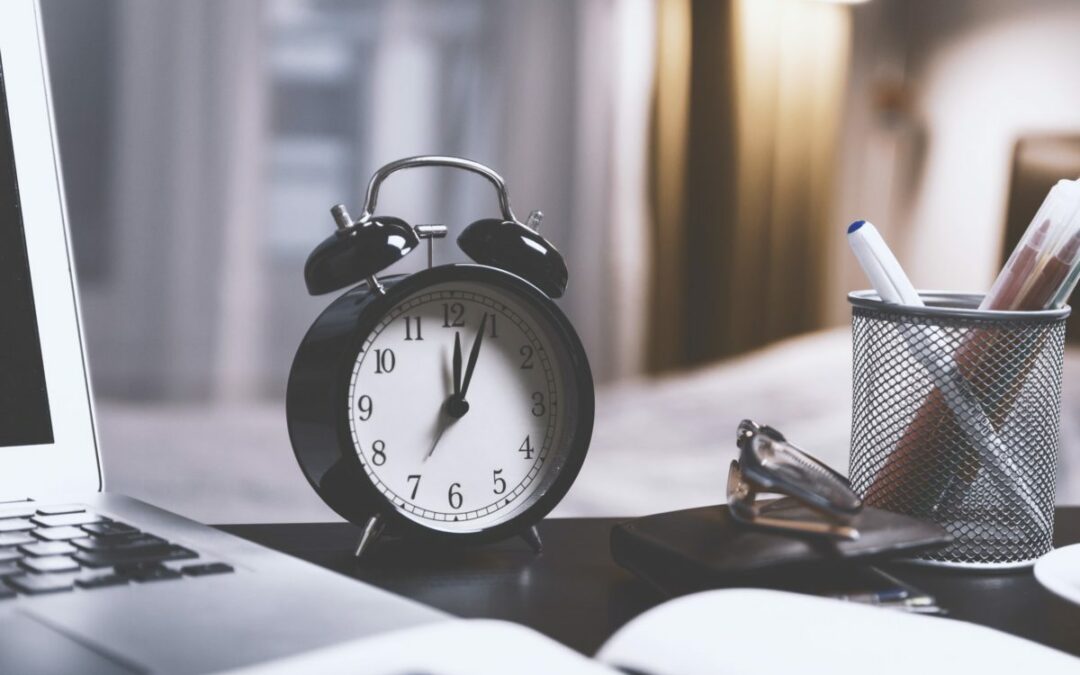Practical Ways to Protect Your Time
You look at the calendar, packed full of meetings, and wonder how in the world you’re going to get everything done today. And tomorrow looks just as busy.
Or maybe you glance at your phone to see it’s 4:30, and you feel a sense of dread knowing you have deadlines to hit and not enough time. So, you’re looking at another night of work when you’d rather be doing anything else.
If these scenarios sound familiar, get in line. All of us struggle with protecting our time. It’s easy to get caught up in meetings, emails, and the million other things that pull at our time and attention every day. Things that ultimately rob us of the opportunity to do focused work.
And while we all want to do better work, at the end of the day, most of us desire to work less.
We want to spend less time in meetings and more time with our families, or doing things we enjoy.
And for those who are self-employed, commanding your time means earning more income.
If you’re saying to yourself, “there’s gotta be another way,” you’re right. It takes a lot of practice and even more discipline, but here are a few ways (and there are many more) to protect your time and calendar.
Don’t Go to Meetings Without an Agenda
If you think about unstructured meetings you’ve attended, you can picture the 10-15 minutes of idle conversation, the flurry of late arrivers, and technology issues that can derail things before the meeting even starts.
If that happens three to four times per day, you’ve now lost 300 minutes per week. Throw in unnecessary discussion points that cause a meeting to run long, or worse, create another meeting, and you’re losing hours each week.
When organizing a meeting, always bring an agenda with discussion points to facilitate the conversation. And if you’re attending a meeting where no agenda has been created, reach out to the organizer and ask for one. By following a structure, meetings will be more productive, and you’ll walk away feeling like it was time well spent instead of looking for something to clear your headache.
Side note on those catchup conversations that often happen in the first 10-15 minutes. They’re not a bad thing unless they disrupt the reason you’re meeting in the first place. It’s a good idea to build in time for those conversations on your agenda. You’ll connect with colleagues and clients and still have time for an effective meeting.
Protect Your Productive Hours
Disruptions are a leading cause of feeling like you’re not getting enough done.
It’s also just how life is sometimes. Errands need to be taken care of, kids dropped off (you get the idea).
So with all of these things in mind, it’s essential to protect your most productive hours; whatever time of day that may be, put it on your calendar. Block it off. And when someone asks you to meet during that time frame, suggest meeting later in the day, or catching up via email. It’s okay to set boundaries and say “no.” In fact, if you’re going to protect your time, it’s a must-do.
Use Technology as a Force for Good
We’re not going to talk about your phones being a distraction. Instead, we’ll make the argument that between your phone, and a few other resources, technology can be a powerful tool in the fight to protect your time.
Most smartphones have a downtime or focus mode. Think of it as a gatekeeper of your time. Set up a focus period to dive deep and avoid emails or notifications.
It’s almost too easy to send a video meeting link and have a conversation.
Instead of having a check-in to ask a question that could spiral into a longer meeting, consider using recording apps like Loom or BombBomb.
You can share your screen, ask questions, and offer your thoughts without the need to schedule a meeting on already busy calendars.
Another benefit to these recording tools: they give you and the person you’re speaking to time to think.
They can also rewatch the video, providing everyone with more time to solve a problem or think through options without giving immediate feedback.
The Community Has Good Advice
Protecting your time is an ongoing practice. Sometimes you’ll crush it, and other days, time may crush you. The most important thing is to evaluate if how you’re spending your days is keeping you on a path to achieving your goals.
These few tips only scratch the surface of how to protect your time. And we’re not the experts in the room. Our members have some good ideas too, which you can read right here.

